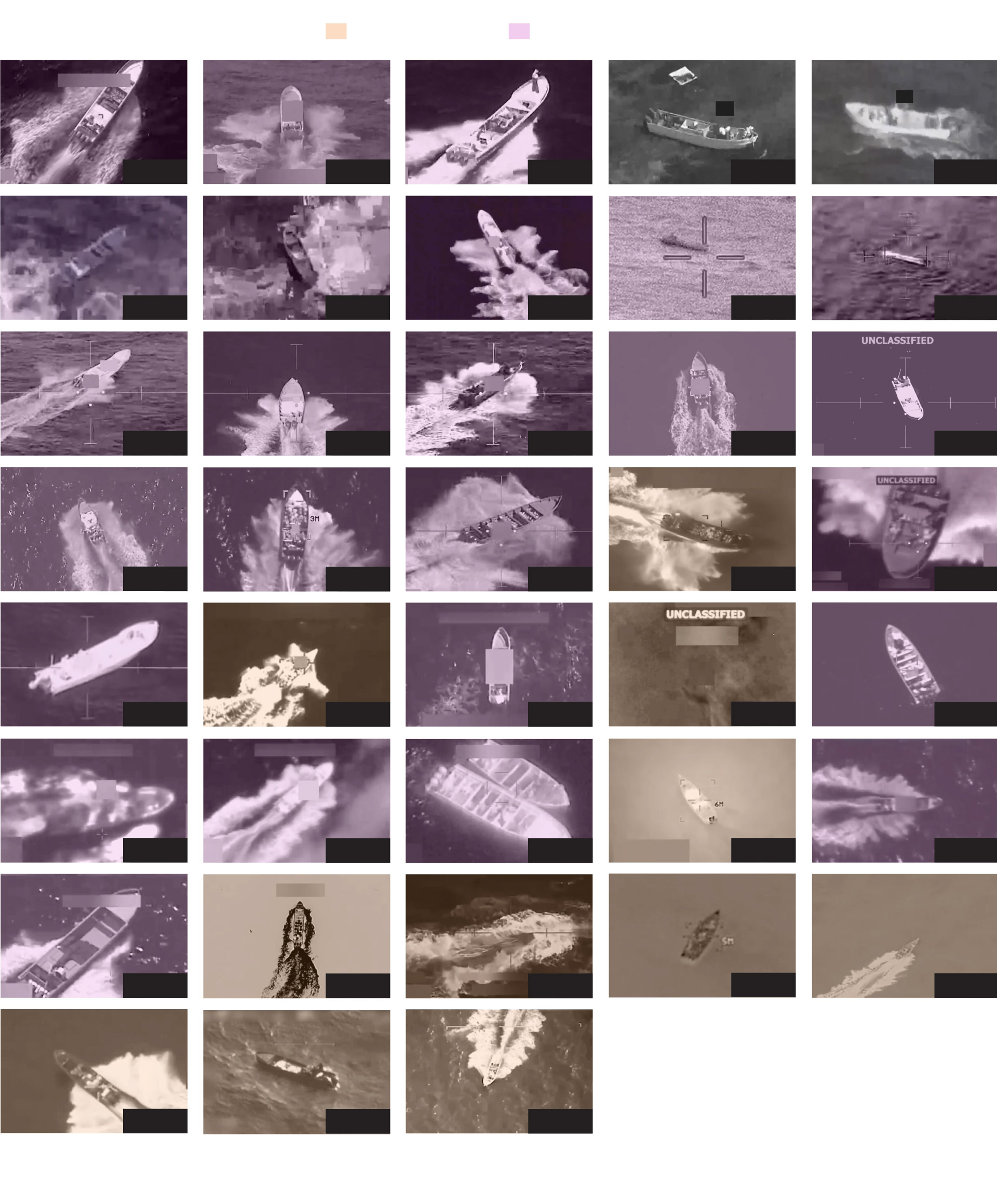What would be the impact on history of self-learning machines — machines that acquired knowledge by processes particular to themselves, and applied that knowledge to ends for which there may be no category of human understanding?
How the Enlightenment Ends
Philosophically, intellectually — in every way — human society is unprepared for the rise of artificial intelligence
Photo: Edmon De Haro
By Henry A. Kissinger
Would these machines learn to communicate with one another? How would choices be made among emerging options? Was it possible that human history might go the way of the Incas, faced with a Spanish culture incomprehensible and even awe-inspiring to them? Were we at the edge of a new phase of human history?
Aware of my lack of technical competence in this field, I organized a number of informal dialogues on the subject, with the advice and cooperation of acquaintances in technology and the humanities. These discussions have caused my concerns to grow . . .
. . . Inundated via social media with the opinions of multitudes, users are diverted from introspection; in truth many technophiles use the internet to avoid the solitude they dread. All of these pressures weaken the fortitude required to develop and sustain convictions that can be implemented only by traveling a lonely road, which is the essence of creativity.
The impact of internet technology on politics is particularly pronounced. The ability to target micro-groups has broken up the previous consensus on priorities by permitting a focus on specialized purposes or grievances. Political leaders, overwhelmed by niche pressures, are deprived of time to think or reflect on context, contracting the space available for them to develop vision.
The digital world’s emphasis on speed inhibits reflection; its incentive empowers the radical over the thoughtful; its values are shaped by subgroup consensus, not by introspection. For all its achievements, it runs the risk of turning on itself as its impositions overwhelm its conveniences. . .
READ MORE > https://medium.com/the-atlantic


